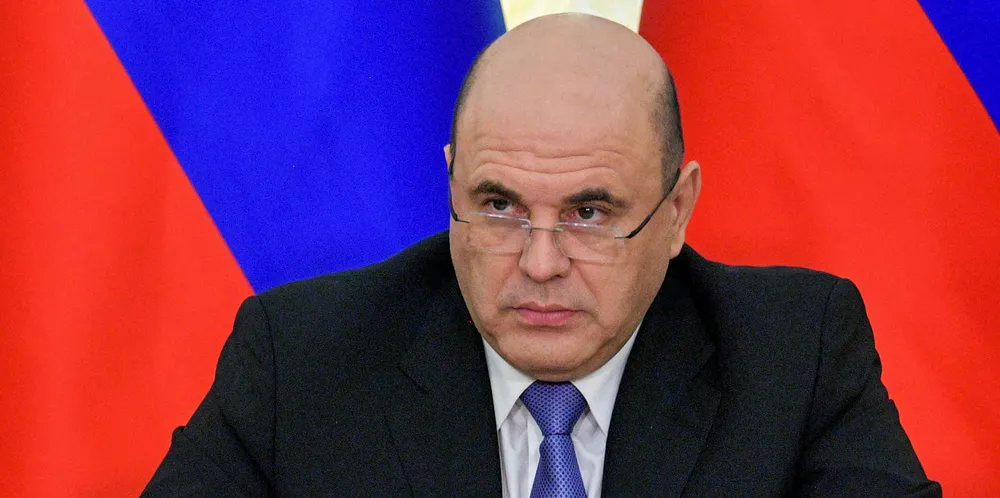Russia eyes large-scale export of blue hydrogen in partnership with local oil & gas majors
New working group created by Russian Prime Minister Mikhail Mishustin aims to co-ordinate hydrogen projects with state authorities

New working group created by Russian Prime Minister Mikhail Mishustin aims to co-ordinate hydrogen projects with state authorities
